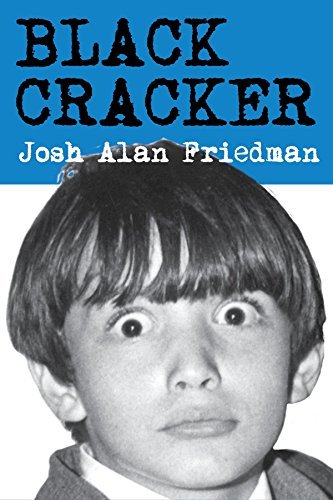What do you think?
Rate this book


298 pages, Kindle Edition
First published May 5, 2009
Joshs latest book is Black Cracker, the story of his tumultuous childhood as the only white boy at Long Island's last segregated school. In 2008: Tell the Truth Until They Bleed. Before that: When Sex Was Dirty; I Goldstein My Screwed Life (with Al Goldstein); Now Dig This The Unspeakable Writings of Terry Southern (co-editor).
Josh also set off satirical fires and lawsuits as writer-half of the Friedman Bros, the most feared cartooning duo of the late '70s and '80s. Two anthologies remain in print, featuring the art of Josh's brother, Drew Friedman: Warts and All and Any Similarity to Persons Living Or Dead Is Purely Coincidental.
On the music front, as Josh Alan, he barnstormed the state of Texas for 20 years, rocking whole arenas with his Guild D-40. Copping three Dallas Observer Music Awards for Best Acoustic Act, he released four albums: Famous & Poor, The Worst!, Blacks 'n' Jews (the title of which became a documentary on Joshs life) and Josh Alan Band."